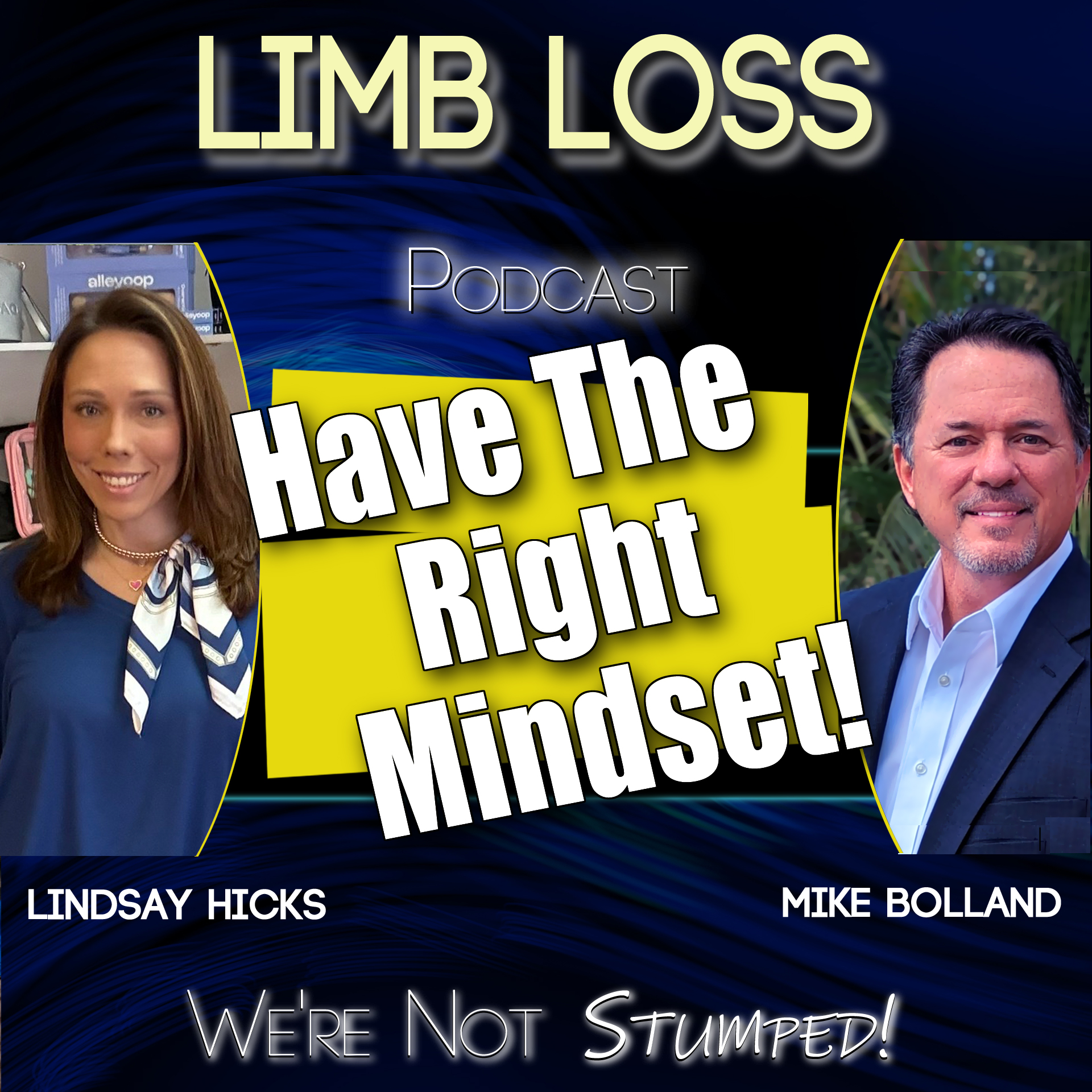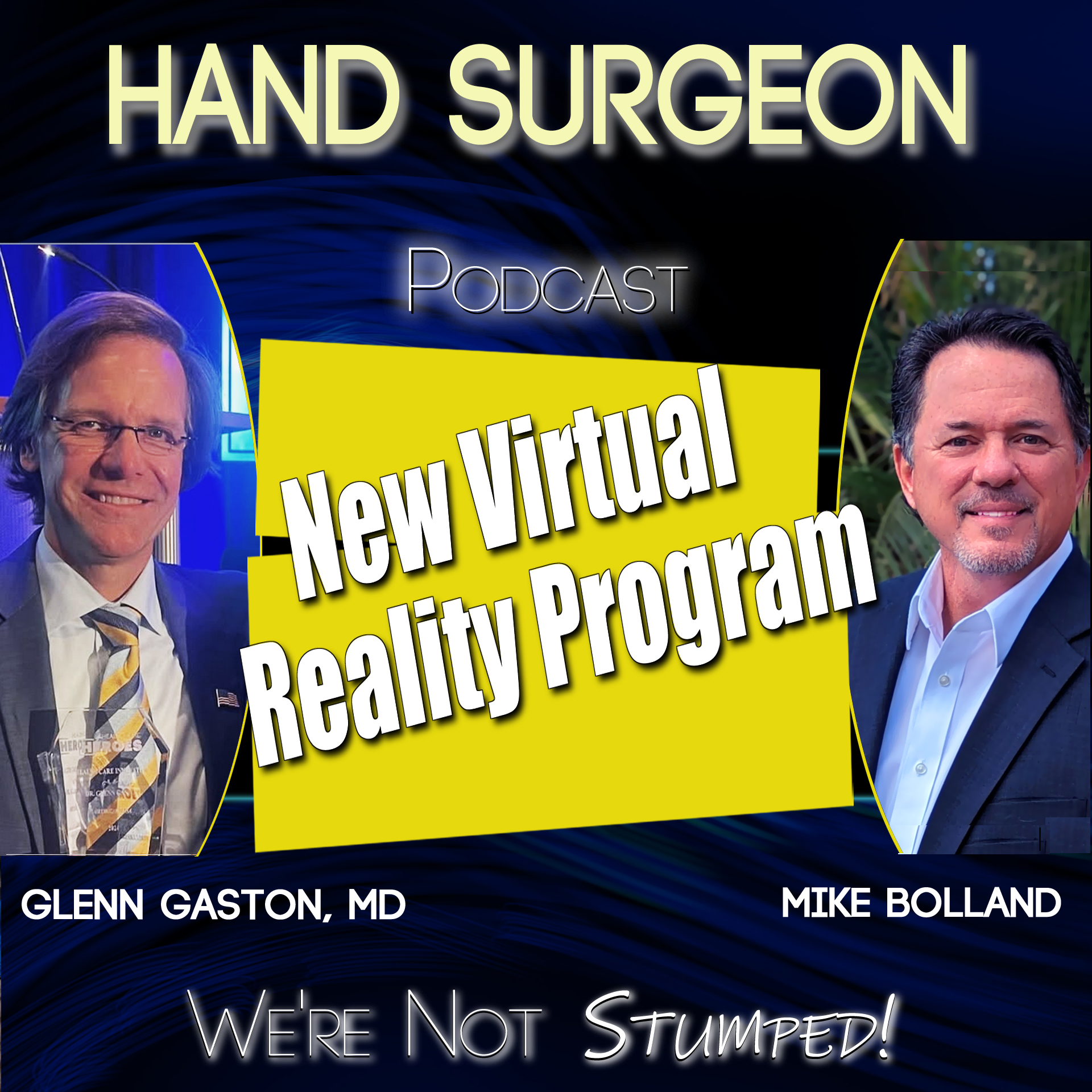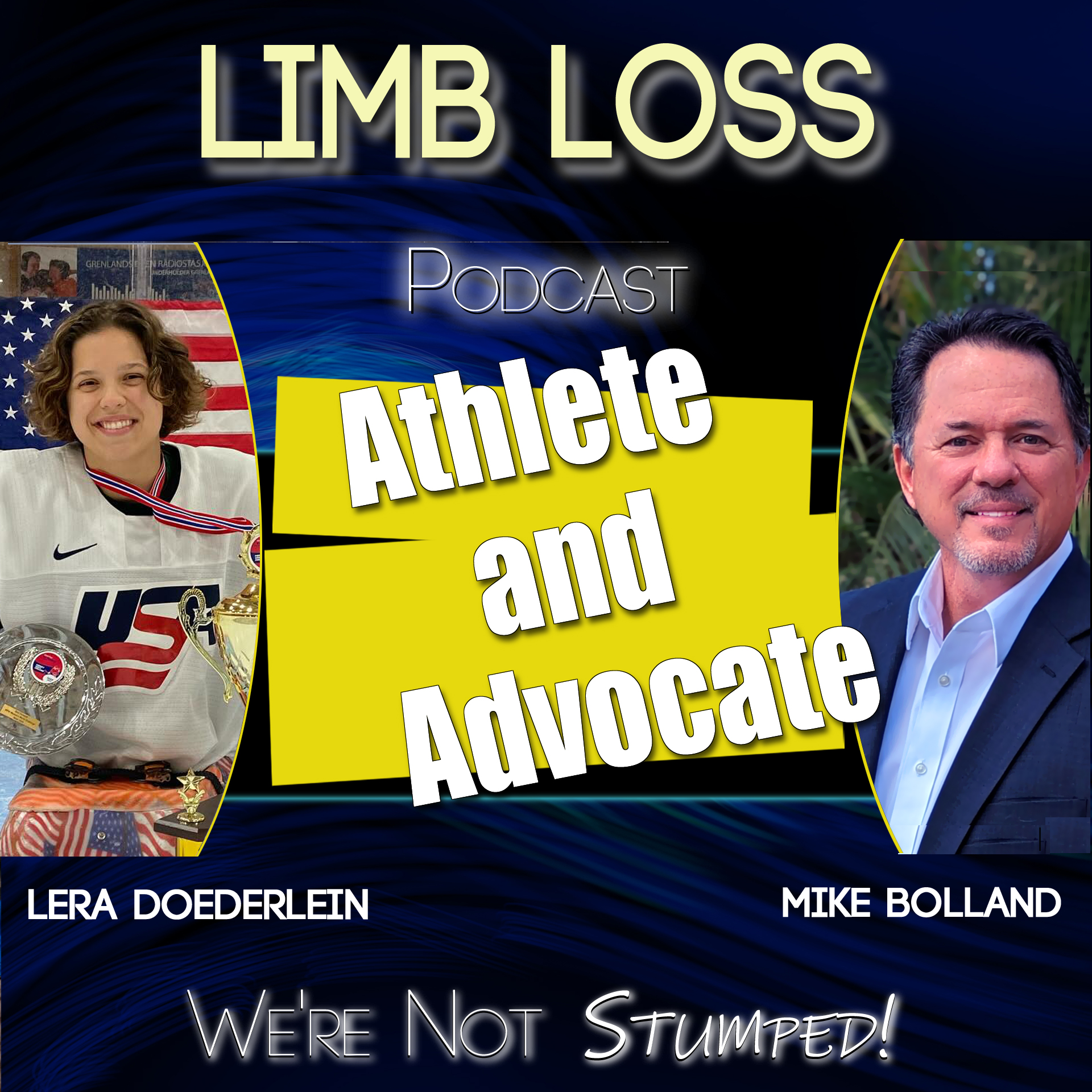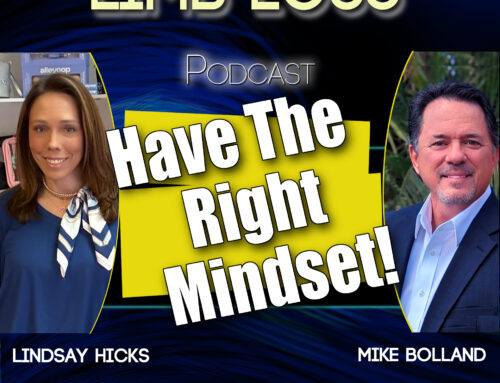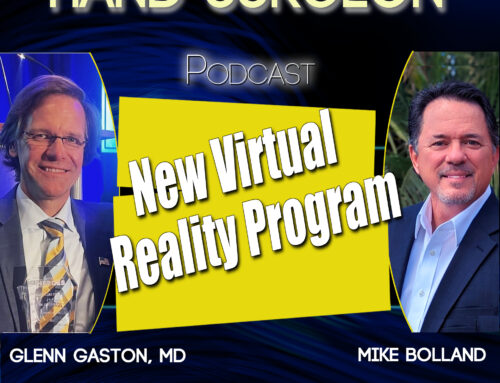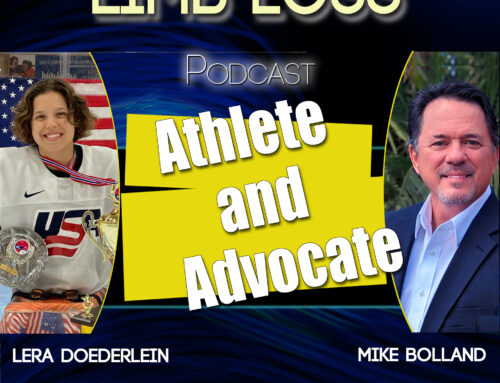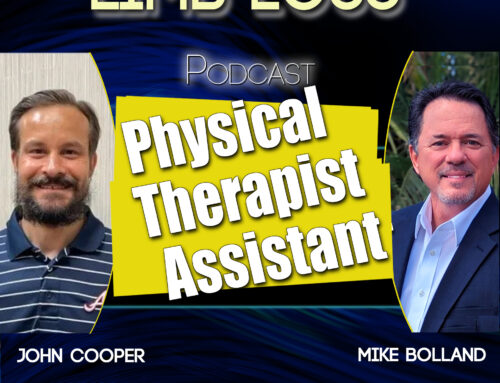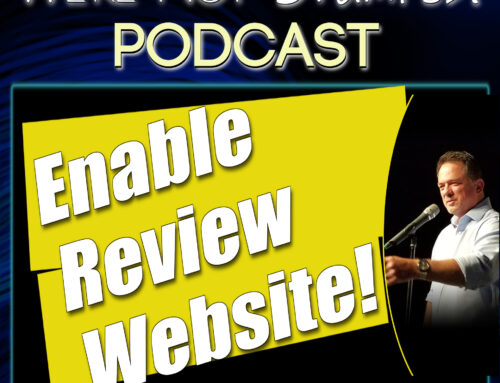Golf should be accessible to everyone, and VertaCat is making that a reality with the VertaCat Golf Cart! In this episode of We’re Not Stumped, host Mike Bolland sits down with Steve Doudt to discuss how this revolutionary adaptive golf cart is changing the game for individuals with mobility challenges.
Steve, a bilateral above-the-knee amputee due to a motorcycle accident in 1992, has an inspiring journey of resilience and determination. After serving in the USAF 1721st Combat Control Squadron, Special Operations Team, he transitioned into adaptive sports, including wheelchair basketball and sitting volleyball, even competing in the 1996 and 2000 Paralympic Games. In recent years, Steve has embraced golf, achieving significant success in adaptive tournaments. The VertaCat has been instrumental in his golfing journey, allowing him to stand and swing freely, enhancing his performance on the course.
Beyond golf, Steve has dedicated over 18 years as a full-time official in the National Wheelchair Basketball Association, traveling nationwide to inspire and mentor others. Join us as we delve into Steve’s multifaceted career, the impact of the VertaCat on adaptive sports, and his unwavering commitment to inclusivity and innovation. Don’t miss this insightful conversation about inclusion, innovation, and the future of golf! ⛳♿ #AdaptiveGolf #VertaCat #inclusivesports
Links
VertaCat: https://vertacat.com/
Listen on Apple Podcasts
Watch on YouTube
Listen on Spotify
In this powerful episode of We’re Not Stumped, Mike sits down with Lindsay Hicks to share her courageous decision to choose amputation at age 22 — and the emotional and physical challenges that followed. Lindsay opens up about navigating identity after limb loss, the support of her parents, and the mindset that helped her move forward. She shares how setting a goal to walk unassisted by Christmas gave her focus during recovery and how resilience continues to shape her life today. The conversation also explores her prosthetic journey, serious medical complications including liver failure and infection, and the determination that helped her regain mobility after two years on crutches.
What if surgery and virtual reality could dramatically reduce phantom limb pain? On this episode of We’re Not Stumped, host Mike Bolland sits down with Dr. Glenn Gaston, orthopedic hand and upper-extremity surgeon, to explore groundbreaking innovations in amputee care — including the Starfish Procedure and a virtual reality treatment for phantom limb pain. Dr. Gaston shares how a life-changing patient experience led him to build a dedicated amputee clinic and push beyond century-old methods of care He also shares his journey into amputee care, the inspiration behind his innovations, and why collaboration between surgeons, prosthetists, therapists, and mental health professionals is shaping the future of limb loss recovery.
Lera Doederlein joins Mike Bolland on We’re Not Stumped to share a powerful story of choosing possibility. Born with AMC (arthrogryposis multiplex congenita), Lera grew up in Phoenix using braces and forearm crutches while navigating school, friendships, and the quiet realization that sports might look different for her. As a teenager, she made the bold decision to pursue double above-knee amputations in order to gain independence and improve long-term mobility—and it transformed her life. Lera walks us through the realities of recovery and physical therapy, learning to use prosthetics, and the moment a clinician pushed her beyond her comfort zone—encouraging her to run just a week after she started walking. She also shares why community matters so much, from Camp No Limits to Hanger events and amputee boot camps that helped her build confidence and momentum.

